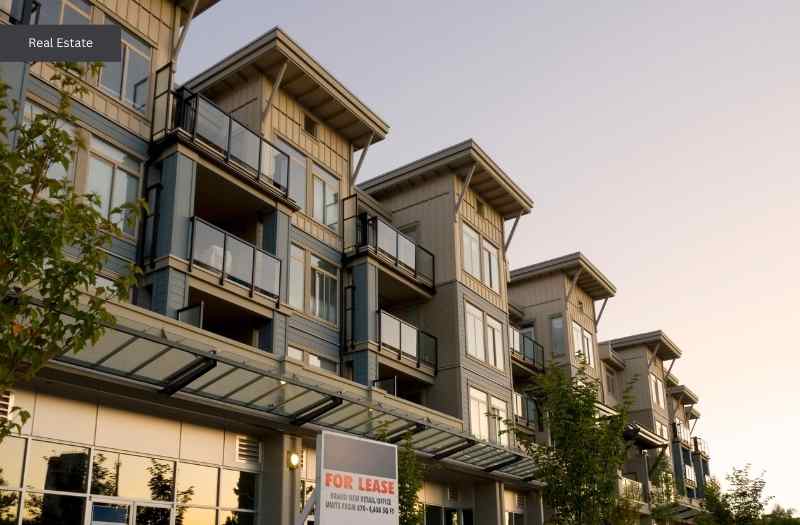
Buying a home is one of the most important decisions you will ever make. With so many options available, it can be difficult to decide which type of property best suits your lifestyle and budget. If you’re considering buying either a condo or townhouse, understanding the difference between them is key to making an informed decision.
A condo and a townhouse may look similar from the outside but there are distinct differences in terms of ownership rights, maintenance responsibilities, storage space and amenities that come with each option. By familiarizing yourself with these differences you can determine which choice will provide the best fit for your needs now and into the future.
Definition and Characteristics of Condos and Townhouses
A condo is an individual unit within a larger residential building that is owned by an individual. The owner has exclusive rights to their condo unit, but shares responsibility for common areas with other owners in the building. Condos tend to be more affordable than townhouses because of high density living and shared amenities like a pool or fitness center that come at no additional cost. Additionally, most condos are managed by a condo association that handles maintenance and repairs of common areas, leaving the owner with little responsibility beyond their own walls.
Townhouses, on the other hand, are privately owned units that are attached to one or multiple other townhouses in a row. Each unit is individually owned and can include private outdoor spaces, like a backyard or patio. Unlike condos, the individual owners are responsible for all upkeep and repairs of their own townhouse as well as any shared areas like driveways and walkways. Townhouses typically cost more than condos due to larger square footage area and additional storage space.
Differences in Ownership Structure
When buying a condo, you own the unit itself as well as a part of the common areas in and around the building. This means that your rights to those areas are shared with other owners in the building who also have an interest in them. Additionally, all owners must abide by any rules or regulations set by the condo association, which has authority to make decisions on behalf of all property owners.
Owning a townhouse, however, gives you exclusive rights over your unit as well as any shared areas like driveways or walkways that are attached to the row of townhouses. This means that you will have full control over those areas and can make any necessary changes without having to consult with other owners in the building.
Differences in Amenities and Privacy
The shared amenities available with a condo can be much higher than what you may find in a townhouse. This includes access to pools, gyms, clubhouses, and other recreational areas that are all included in the cost of ownership. Condos also offer more privacy since each unit is contained within its own walls, whereas townhouses can feel less private due to the close proximity of other units.
In a townhouse, you have full control over your unit and any shared areas that come with it. This means that you can customize these spaces as you see fit without having to consult other owners. Townhouses also tend to be more spacious than condos, giving you additional storage space and room to grow.
Differences in Location and Cost
Condos are typically found in larger cities where space is limited, while townhouses can be located both in urban and suburban areas. Location will play a major role when deciding between the two, as condos tend to be more expensive due to their close proximity to amenities and attractions. Townhouses, on the other hand, are often available at lower prices than condos and allow for more room to spread out.
Conclusion
Choosing between a condo and townhouse comes down to personal preference, lifestyle needs, and budget. Condos can be more affordable than townhouses while offering access to shared amenities like pools or fitness centers. Townhouses provide more space and privacy, but also come with additional costs related to upkeep and repairs. Taking into account all of these factors will help you determine which option is best for your lifestyle and budget.









